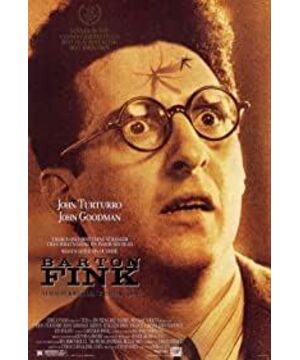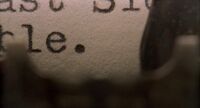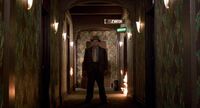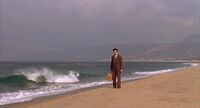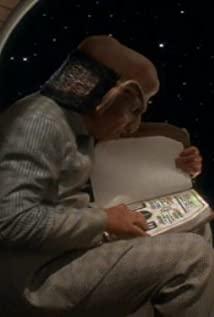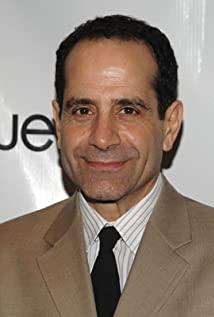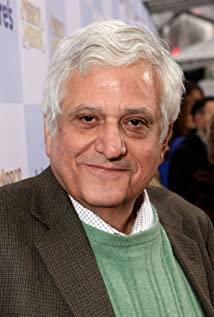Then the film introduces the writer's boss, who speaks very fast and has no logic at all. The image of the boss in the film seems to be alluding to the resistance the writer encounters in his search for the ideal, the bitter reality. Then, one of the film's most important characters appears, that is, Charley, the writer's next-door tenant. Charley claims to be an insurance salesman. Judging from the content of the film, Charley actually symbolizes the most ordinary people in the writer's mind, and this is the group of people the writer should care about most. The writer treats Charlie as a confidant, confides his ideals to Charlie, and at the same time asks Charlie to help deal with the mess. But at the same time, the contradiction between the writer and Charlie is constantly reflected in the film. This contradiction does not refer to the physical contradiction, but to the object that should be the most concerned, but from the beginning, the writer hated Charlie first. noise made. From Charlie's words at the end of the second part of the film, we can clearly understand that if the so-called writer who digs inspiration from life has already left his life, then all this is just a dream. As Charlie said: "You think you know what pain is? You're just a tourist with a typewriter. And I live here." The implication is that you only have a quick glance at the life of ordinary people. , without actually experiencing the pain and all the feelings in it, and expecting to create the greatest drama out of it, is nothing but irony.
Charlie appears as the ideal character of an ironic writer, and my personal understanding also ultimately leads the writer to his ideal state. And the hotel that was burned down by the raging fire also heralded the end of the writer's struggle to be enclosed in his own thoughts. Charlie's role is intended to be a critique of the writer himself, not a malicious slander, but a denial of the writer's own indecision. Compared to Charlie, another character in the film is also particularly important to the writer, that is, the female secretary. The film introduces the female secretary through Mayhew, a writer whom Barton Fink admires, and Fink discovers that Mayhew is just a coward who escapes himself in alcohol, and his feelings for the female secretary are established from the first meeting. Here, Mayer is actually a hint of Funk's future, losing his inspiration and numbing himself with alcohol. As for the female secretary, she appears in the film as an inspiration for Funk. This became clear after the murders. From the progress of the plot, it can be inferred that when Charlie left temporarily, what was left was the box, which must be the head of the female secretary. And when Fink put the box in front of him, he began to write incessantly and tirelessly. In the third part, when the beauty by the sea asked Funk what was in this box and whether it belonged to him, he replied that he didn't know. In other words, although he is very reliant on this box, he doesn't really know where his inspiration comes from. The image of Funk as a writer is actually quite a daydream style, which means that Funk himself may be more persistent. It is used to construct one's own ideals with dreams, or to find a kind of inspiration in the dark, without really experiencing life.
View more about Barton Fink reviews


